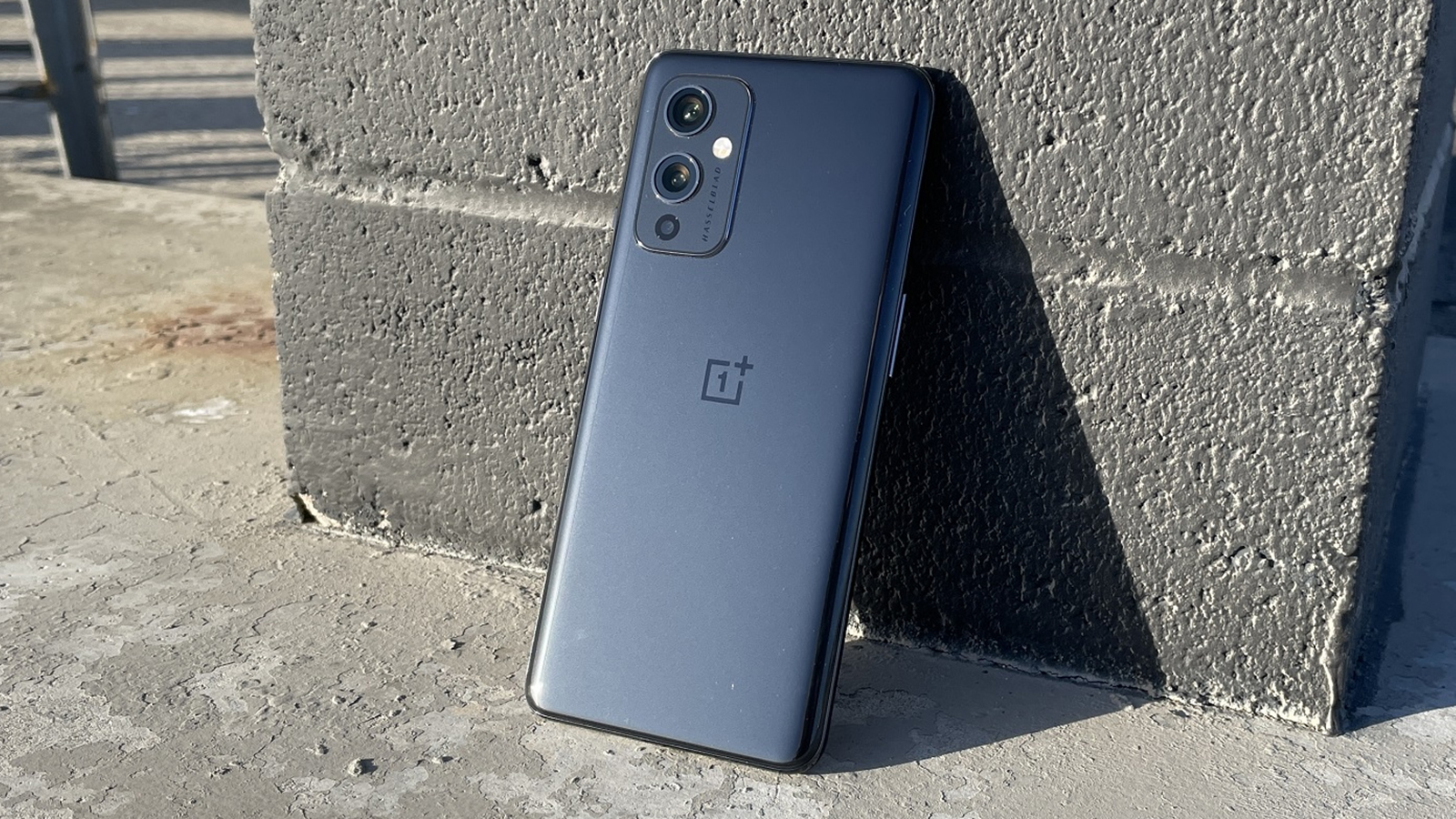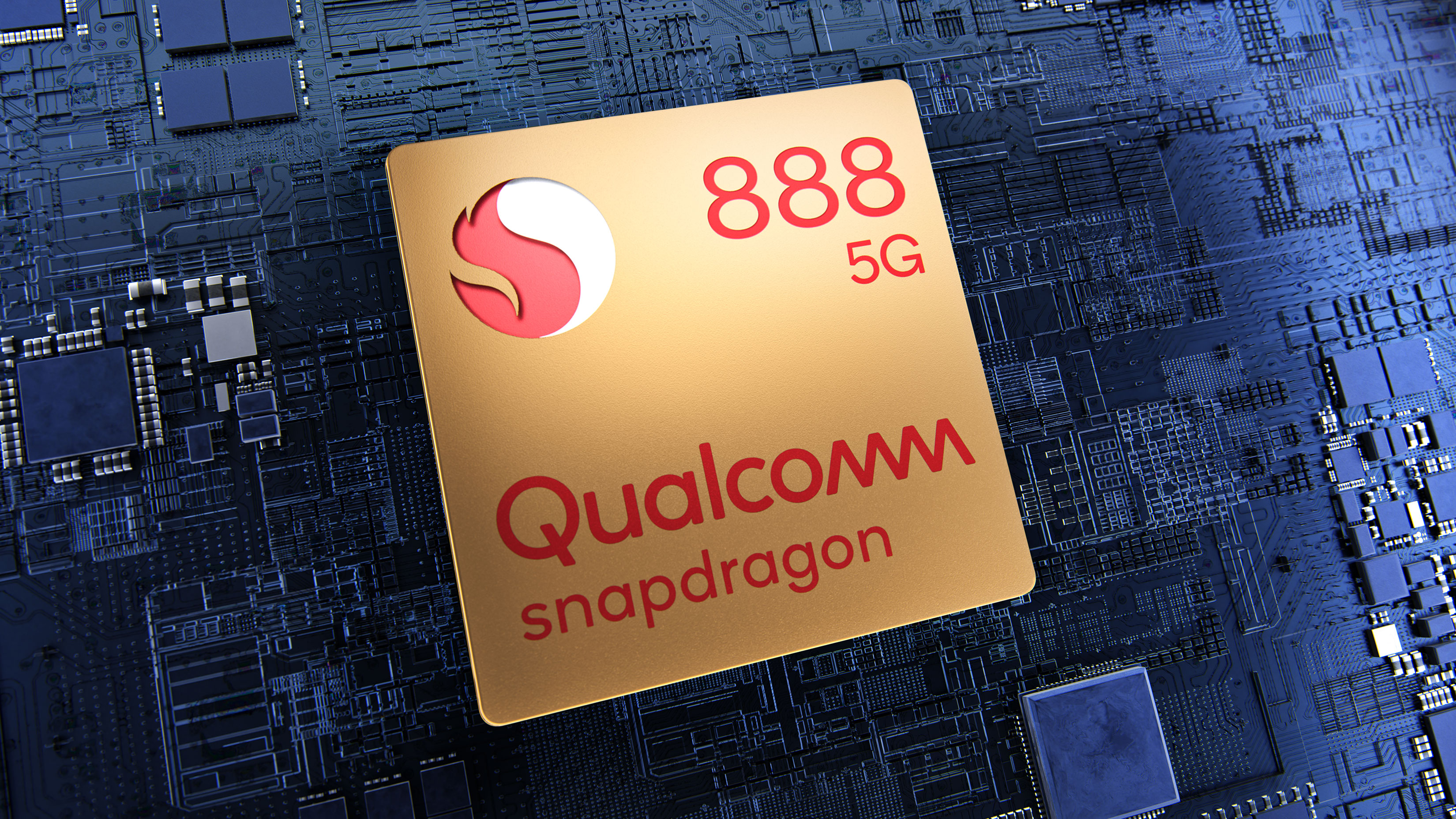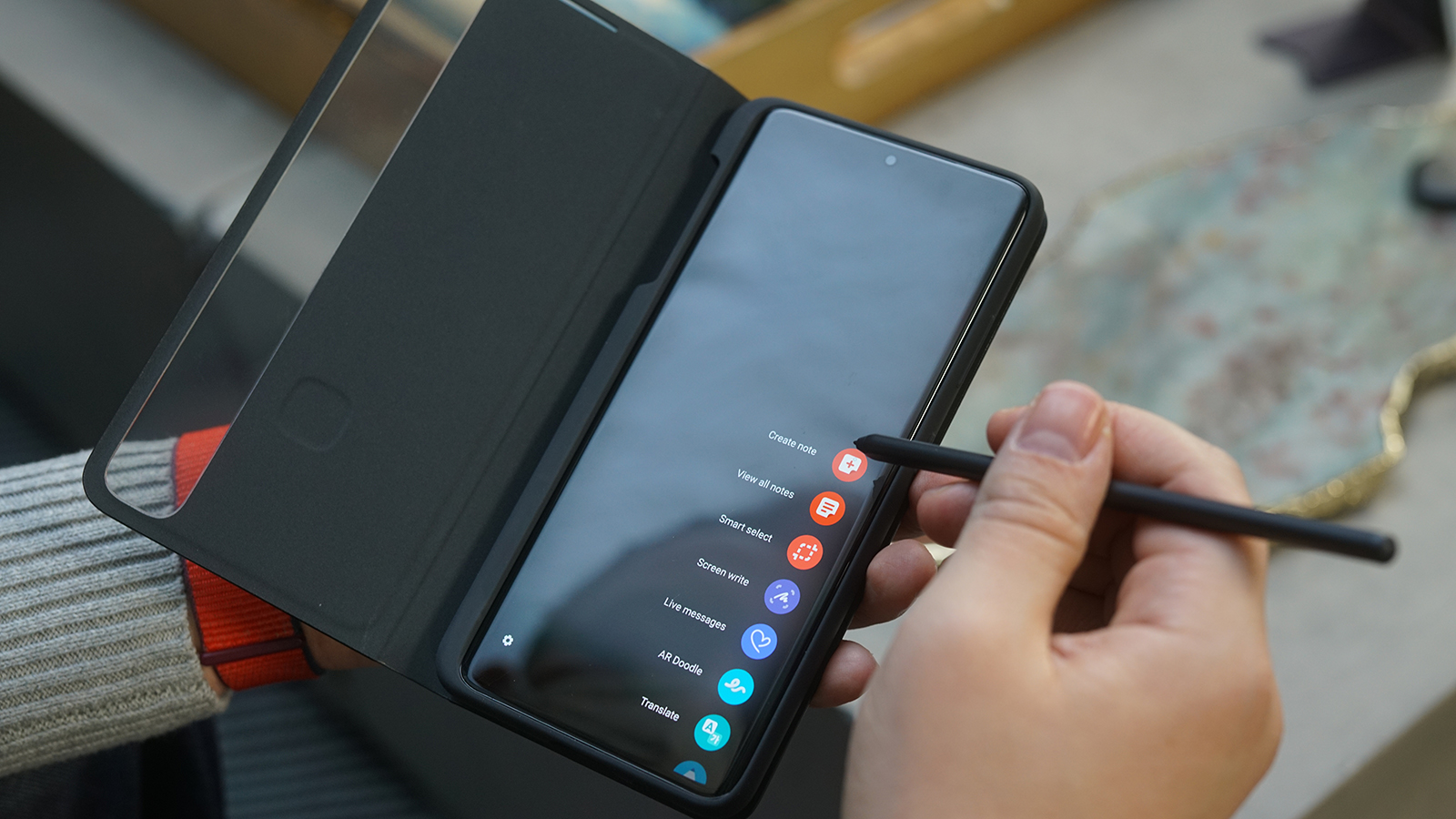2021 has been a weird year for smartphones. Well, it’s been a weird year for a lot of things, but smartphones have been no exception, with a number of them being delayed, canceled or getting a limited launch.
The Samsung Galaxy Note 21 is the biggest casualty of the year in smartphones, as Samsung has now confirmed that it won’t be coming, but it’s not alone in being absent.
The OnePlus 9T is also rumored to be canceled (assuming it was ever planned), while the Samsung Galaxy S21 FE has reportedly been delayed (but may also fail to launch), and the Google Pixel 5a is only confirmed to be launching in the US and Japan, rather than the world at large.
So what’s going on? There are a number of factors at play, and some things we know for sure, while others we can take an educated guess at. Below then, we’ll explain broadly why many anticipated phones are likely arriving late – or not at all.
The Covid-19 factor
The obvious reason that this has been a weird year for phones is the same reason that it’s been a weird year for almost everything else – Covid-19.
The pandemic has meant many employees have had to work from home rather than from their offices, with more people also likely being off sick, and some businesses either closing down or scaling down at points.
This will all have had an impact on smartphone production, and will understandably have led to delays and potentially even cancelations.
Beyond that, the pandemic has also – for these reasons and others – contributed to a shortage of chipsets, which are a core component of smartphones.

Chipset shortages
While the pandemic is the obvious explanation for why so many phones are being delayed and canceled, it’s not the only or perhaps even biggest reason, with a global chipset shortage seemingly having had the most impact – though as noted above the pandemic contributed to this too.
There are a whole load of reasons why there aren’t enough chipsets to go around – consumers have bought more consumer electronics than normal during the pandemic, with these devices all needing chipsets, while growing demand for cloud computing when people worked from home also played a role, and all the while chipset manufacturers were having to deal with shutdowns.
Other factors include the high demand for 5G phones, while sanctions against China haven’t helped the situation either. This chipset shortage is a problem that’s not just affecting phones but also computers, consoles and even cars.

It’s also a problem that companies and leakers have specifically pointed to as being behind a number of the delays and cancelations we’re seeing.
For example, back in March, long before the Samsung Galaxy Note 21 had actually been confirmed to be canceled, the company’s co-CEO DJ Koh said: "The disparity between the supply of parts and demand in the information technology (IT) side is severe".
"We are checking the parts supply problem every morning. It is difficult to say that it is 100% resolved. It is a bit of a problem in the second quarter.”
So it seems that the chipset shortage was indeed a problem. And the Note 21 seemingly wasn’t the only affected phone – a leaker has suggested that the chipset shortage is also to blame for the Google Pixel 5a not getting a global launch.
A report also suggested that the Samsung Galaxy S21 FE might have been canceled due to the chipset shortage – though a more recent leak makes it seem like the phone might still land, just later than expected.
Other explanations

While the above factors are likely the main reasons for the delay and cancelation of handsets this year, there could be other factors too, most notably the fact that some of these phones arguably aren’t even needed.
The leaker who claimed there won’t be a OnePlus 9T pointed out that there aren’t many obvious upgrades for it, with the main likely one just being a slightly speedier chipset in the form of the Snapdragon 888 Plus.
Similarly, the Samsung Galaxy Note 21 might note be that much different to the Samsung Galaxy S21 Ultra – that’s already a huge phone with top-end specs, and for the first time it comes with stylus support too. With Samsung additionally bringing the S Pen stylus to foldables, the Note 21 could end up with no clear selling points.
Whatever the reasons though, the absence of these handsets is sure to be a disappointment to many, so hopefully in 2022 things will return to normal.
- There are still plenty of great handsets - these are the best smartphones
from TechRadar - All the latest technology news https://ift.tt/3ytEdWJ

0 coment�rios: